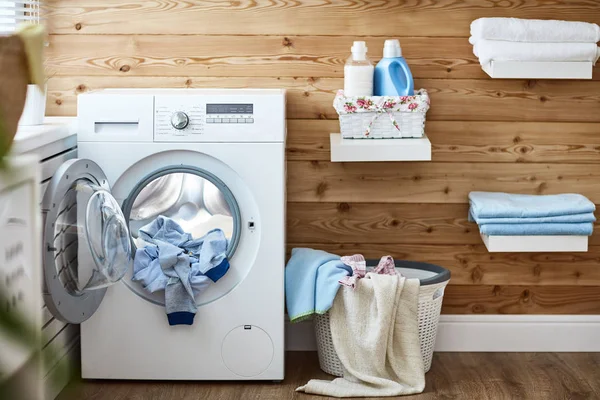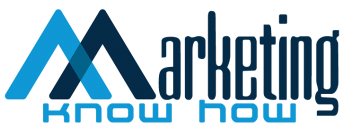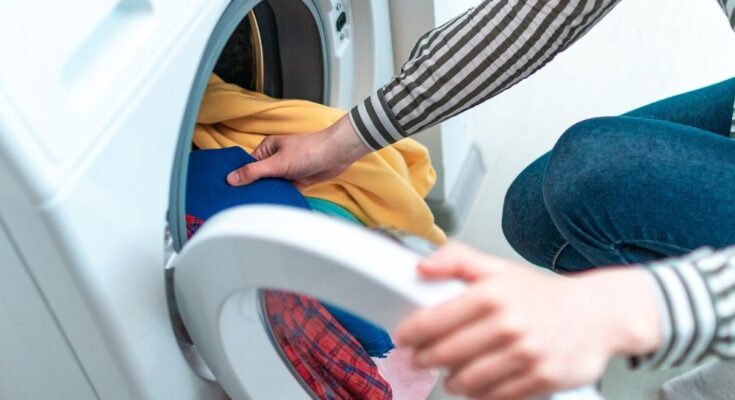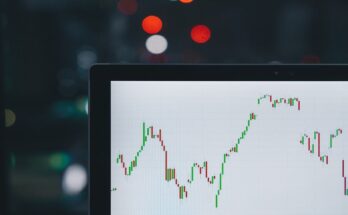Automation has become a game-changer in the laundry industry, offering solutions that enhance operational efficiency, service quality, and customer experience. In the modern laundry industry, efficiency is paramount. As competition intensifies, adopting automation technologies is essential for staying ahead. As such, automation technologies have revolutionized operations, enabling businesses to streamline processes, reduce operational costs, and improve customer satisfaction. However, implementing the right automation strategies can transform your laundry service, making it more competitive and profitable.
Here are four top automation strategies that modern laundry services can implement to maximize efficiency and ensure long-term success.
High-efficiency washing machines
Investing in high-efficiency washing machines is a crucial automation strategy for modern laundry services. These machines are designed to use less water and energy while providing superior cleaning performance. Many high-efficiency washers come with programmable settings that can be tailored to specific fabric types and soil levels, ensuring optimal cleaning with minimal resource consumption. Furthermore, they often feature faster cycle times, allowing more loads to be processed in a shorter period. By adopting Girbau North America high-efficiency washing machines, laundry businesses can reduce operational costs and environmental impact while maintaining high standards of cleanliness and care.
Smart inventory management
Effective inventory management is essential for maintaining a smooth and efficient laundry operation. Automated inventory management systems utilize technologies such as RFID tags and barcode scanners to track the movement of laundry items and supplies in real time. These systems provide accurate data on inventory levels, enabling businesses to reorder supplies proactively and avoid shortages. They also help in identifying usage patterns and optimizing stock levels to reduce waste and overstocking. By implementing smart inventory management, laundry services can ensure they always have the necessary materials on hand, leading to uninterrupted operations and improved business efficiency.

Customer self-service platforms
Incorporating customer self-service platforms is another powerful automation strategy. Online platforms and mobile apps allow customers to schedule pickups and deliveries, track their orders, and make payments conveniently. These systems can automatically notify customers when their laundry is ready, reducing the need for manual follow-ups. Additionally, self-service platforms can integrate with loyalty programs, offering personalized promotions and rewards to enhance customer retention. By providing customers with easy-to-use tools, laundry businesses can improve service efficiency, reduce administrative workload, and enhance the overall customer experience.
Automated billing and payment systems
Streamlining the billing and payment process is essential for improving efficiency and reducing administrative tasks. Automated billing systems generate invoices and process payments seamlessly, minimizing the risk of errors and ensuring timely transactions. These systems can be integrated with accounting software, providing real-time financial insights and simplifying financial management. Automated payment solutions offer customers multiple payment options, enhancing convenience and satisfaction. By adopting automated billing and payment systems, laundry services can ensure faster, more accurate financial operations and a better customer experience.
Maximizing efficiency in modern laundry services requires the adoption of automation strategies that streamline operations, reduce costs, and enhance service quality. By embracing these technologies, laundry businesses can improve productivity, reduce operational challenges, and provide superior customer experiences. Moreover, investing in automation not only positions a laundry service for immediate gains but also sets the foundation for long-term growth and competitiveness in an ever-evolving industry.




